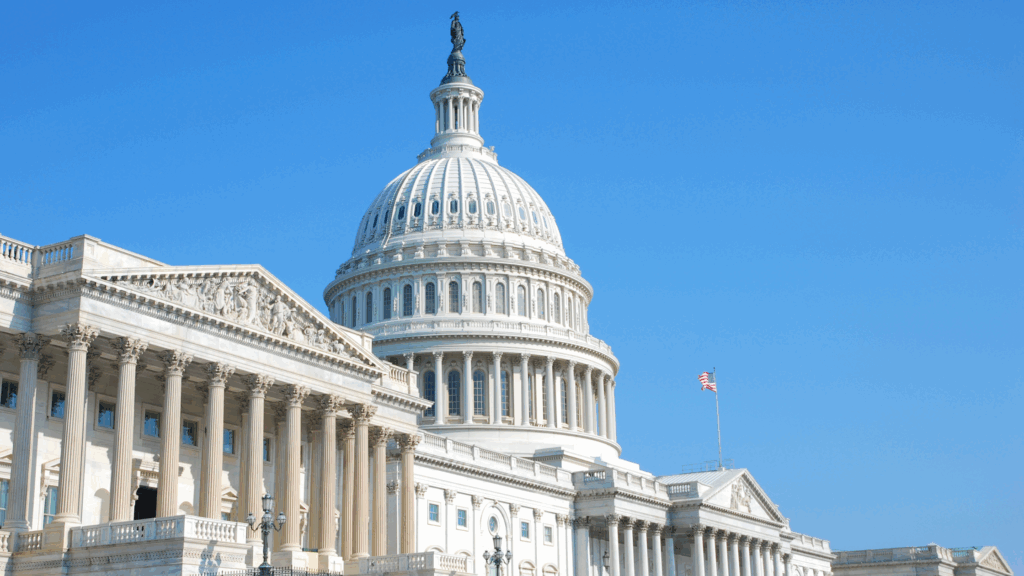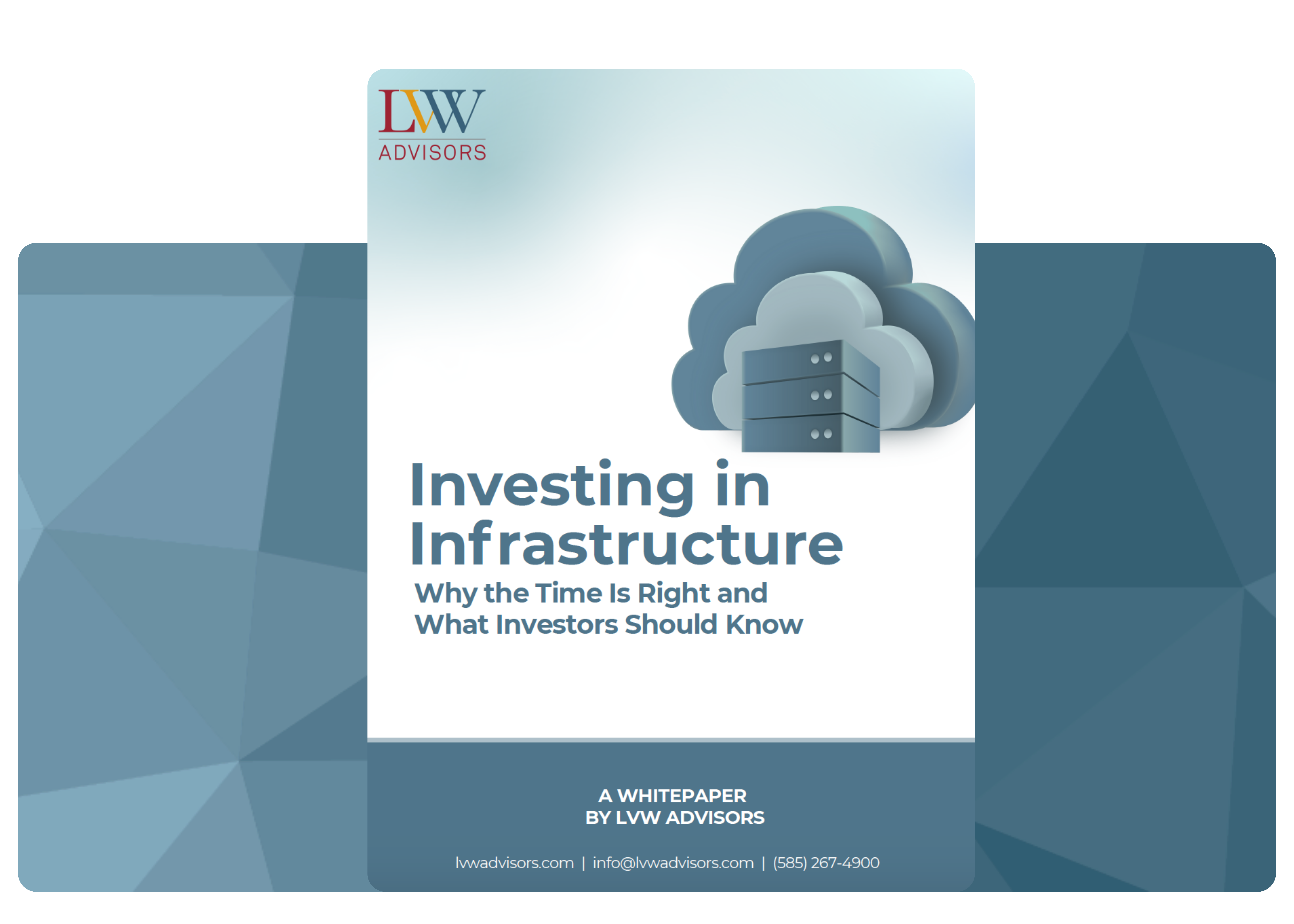By Joseph Zappia, Principal, Co-CIO
The One Big Beautiful Bill Act (“OBBBA”) was signed into law by President Trump on July 4, 2025, following a narrow passage in both the House of Representatives and the Senate. The OBBBA includes legislation that represents a sweeping shift in tax policy, including at its core the permanent extension of most provisions from the 2017 Tax Cuts and Jobs Act. Projected to increase the U.S. national debt by an estimated $3.3 trillion over the next decade, the OBBBA includes hundreds of provisions affecting not only tax exemptions and deductions, but also Medicaid, SNAP spending, border security and military defense funding. However, this article focuses on the law’s potential impact on business owners and investors, and strategic planning opportunities it may present.
Impact for High-Net-Worth Individuals
- Estate and Gift Tax Exemption: The federal estate and gift tax exemption is set to increase from $13.99 million to $15 million per person in 2026, with subsequent inflation adjustments. This provides greater flexibility in wealth transfer planning.
- Income Tax Rates: Current individual income tax rates and brackets, including the top rate of 37%, have been made permanent, offering stability for long-term financial planning.
- State and Local Tax (SALT) Deduction: The cap on the SALT deduction is increased to $40,000 (from $10,000). This enhanced deduction begins to phase out for incomes exceeding $500,000 and is fully eliminated at $633,333. These income thresholds will increase by 1% annually for four years before reverting to the $10,000 limit in 2029. Favorable treatment for pass-through entity SALT workarounds remains intact.
- Charitable Contribution Deductions:
- For non-itemizers, a new deduction of $1,000 (or $2,000 for married couples filing jointly) for charitable contributions is introduced.
- For individuals in the top income tax bracket, the effective benefit of the charitable deduction is slightly reduced, capped at $0.35 per dollar.
- Itemizers may only deduct charitable contributions exceeding 0.5% of their “contribution base.”
Benefits for Business Owners
- 100% Bonus Depreciation: A significant provision allows for the immediate expensing of 100% of the cost of new capital expenditures, including equipment and real estate. This is anticipated to stimulate reinvestment, foster job creation, and enhance productivity across various sectors.
- Economic Multiplier Effect: The immediate expensing provision is expected to drive substantial investments in diverse industries such as AI data centers, manufacturing, construction, and technology.
- Other Business Tax Provisions:
- The 20% Section 199A deduction for qualified pass-through business income is now permanent, with expanded eligibility.
- The ability to immediately deduct Research & Development (R&D) expenses is reinstated, effective 2025.
- Small businesses with revenue under $31 million will benefit from retroactive R&D deductions back to 2022.
- Enhanced Qualified Small Business Stock (QSBS) provisions offer new opportunities for founders and early investors.
Economic and Market Considerations
- Economic Growth: Economists anticipate a modest positive impact on U.S. economic growth for the current and upcoming year due to these tax changes.
- Debt Servicing: A critical concern is that U.S. national debt interest payments now exceed defense spending.
- S. Dollar Strength: The U.S. dollar is expected to maintain its position as the world’s reserve currency.
- Benefiting Sectors: Industries poised to benefit include industrial machinery, pharmaceuticals (due to R&D incentives), semiconductor manufacturers, technology firms, defense contractors, and financial institutions.
- Impacted Sectors: Conversely, electric vehicle manufacturers (loss of $7,500 tax credit), renewable energy companies (reduced incentives), and healthcare companies (Medicaid cuts) may face headwinds.
Strategic Planning Opportunities
- SALT Deduction Planning: Clients should review their itemization strategies, consider “bunching” deductions, and explore non-grantor trusts for potential SALT deduction maximization. Income management strategies to stay below phase-out thresholds are advisable.
- Estate Planning: The increased estate exemption reduces immediate pressure to transfer assets. Focus should shift to income tax planning and maximizing the “step-up in basis” at death, while being mindful of differences between state and federal exemptions.
- Business Structure and Timing: The permanence of Section 199A allows for long-term business structuring. Clients with Qualified Opportunity Zone gains must recognize them by December 31, 2026. Strategic timing of large capital purchases is crucial to fully leverage the 100% bonus depreciation.
- Investment Strategy: Consider adjusting investment portfolios to capitalize on sectors benefiting from increased capital investment. Monitor the impact of higher national debt on interest rates.
Enhancements to Education Savings
- 529 Plan Flexibility: 529 plans are now more versatile, allowing for the use of funds for trade credential programs.
- K-12 Expense Limit: The annual K-12 expense limit for 529 plans will increase from $10,000 to $20,000 in 2026.
- Expanded Qualified Expenses: A broader range of educational expenses, including books, online materials, and tutoring services, are now covered.
- “Trump Accounts”: A new provision offers a $1,000 federal contribution to “Trump accounts” for children born between 2026 and 2028.
Provisions Not Included in the Act
- The Act does not introduce a “revenge tax” on foreign investors.
- “Carried interest” taxation remains unchanged.
- Municipal bonds retain their tax-exempt status.
- No new taxes on private foundations were enacted.
- While Social Security remains taxable, a new $6,000 deduction is available for individuals aged 65 and older.
Planning and Guidance
- Ongoing Complexity: The tax landscape remains intricate, underscoring the enduring value of professional financial advisory services.
- Capital Investment Window: The immediate expensing incentives for capital investment offer a significant, but potentially time-limited, opportunity for businesses.
- Long-Term Planning: While these legislative changes provide greater certainty, wealth planning should always be anchored in long-term financial objectives rather than solely reactive to tax policy shifts.
While the goals of the OBBBA are rooted in transparency and consumer clarity, the nuances of its implementation present meaningful complexities for both businesses and individuals. To fully understand how the OBBBA might affect your financial situation, it’s important to consult with your advisory team to evaluate the implications in the context of your specific circumstances.
Sources:
“4 views on one big beautiful bill” by Darrell Spence, John Queen, Matt Hochstetler and Jens Søndergaard. Capital Group, Capital Ideas™, July 8, 2025.
“Smart tax strategies for investors to consider” by Anne Gifford Ewing and Leslie Geller. Capital Group, Capital Ideas™, July 11, 2025.
“Impact of One Big, Beautiful, Bill on Financial Advisors” by Lincoln Fleming, CPA/PFS, CFP, MAcc. BlackRock Market Insights, July 9, 2025.
Disclaimer: This material is provided by LVW Advisors (“LVW” or the “Firm”) for general informational and educational purposes only. LVW Advisors is a federally registered investment adviser under the Investment Advisers Act of 1940. Registration as an investment adviser does not constitute an endorsement of LVW Advisors by the SEC nor does it indicate that LVW Advisors has attained a particular level of skill or ability. Investing involves risk, including the potential loss of principal. Past performance may not be indicative of future results, and there can be no assurance that the views and opinions expressed herein will come to pass. No portion of this commentary is to be construed as a solicitation to effect a transaction in securities, or the provision of personalized tax or investment advice.
Certain of the information contained in this report is derived from sources that LVW believes to be reliable; however, the Firm does not guarantee the accuracy or timeliness of such information and assumes no liability for any resulting damages. Any reference to a market index is included for illustrative purposes only, as an index is not a security in which an investment can be made. Indices are unmanaged vehicles that serve as market indicators and do not account for the deduction of management fees and/or transaction costs generally associated with investable products. The information in these materials may change at any time and without notice.









